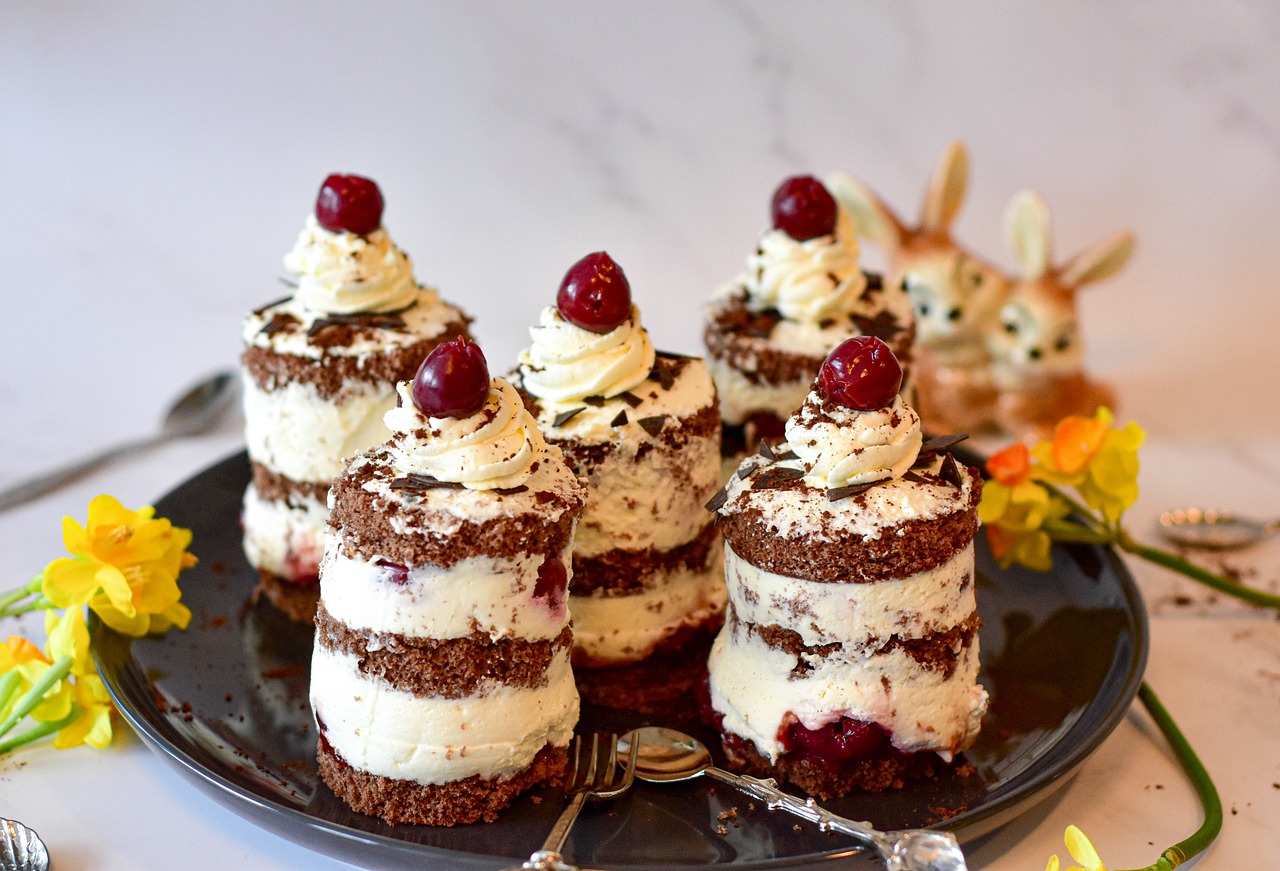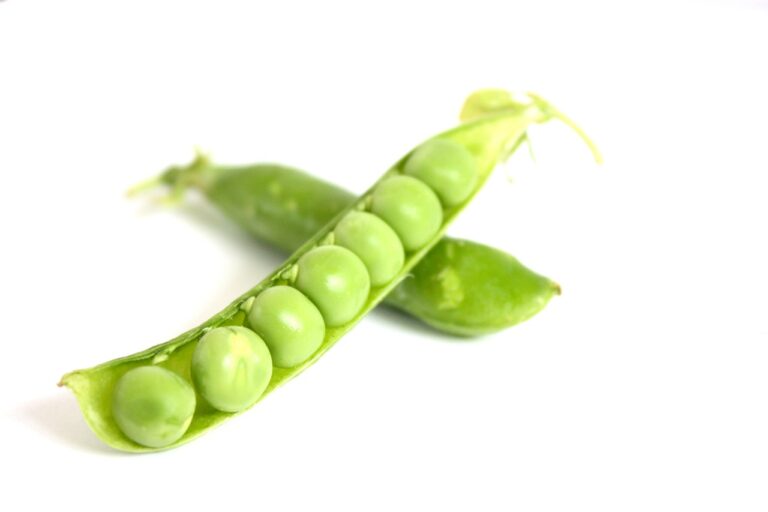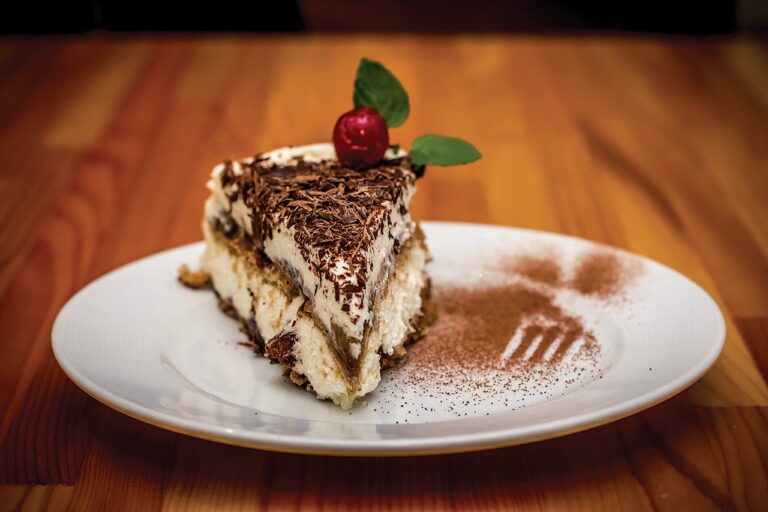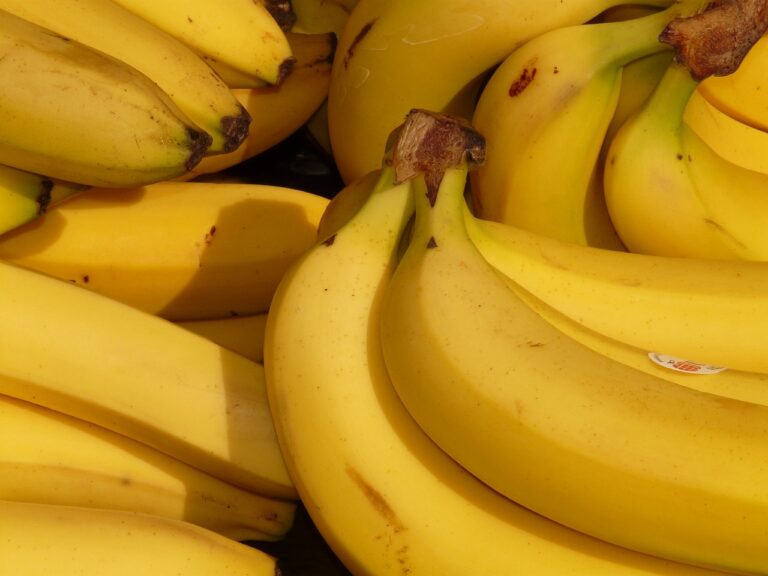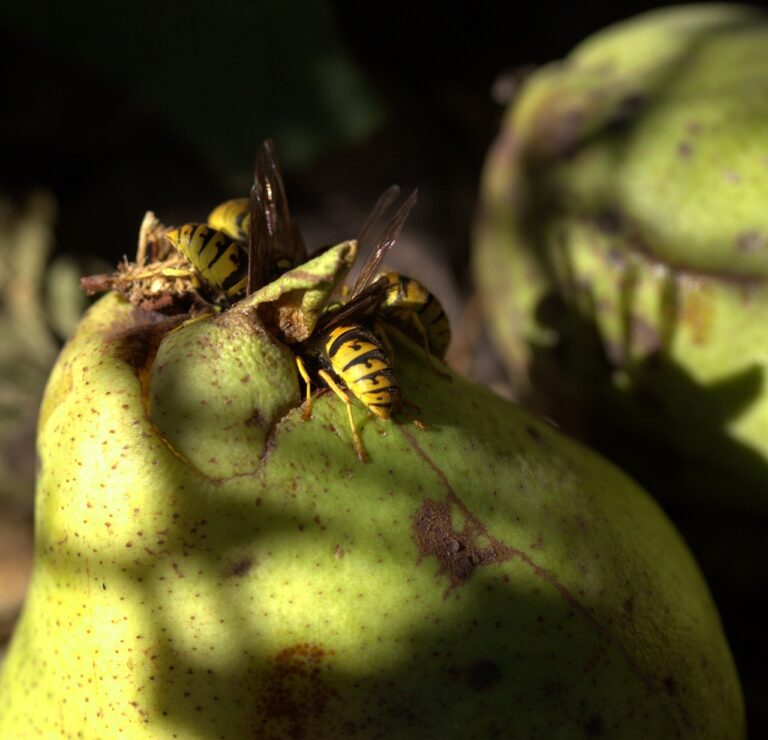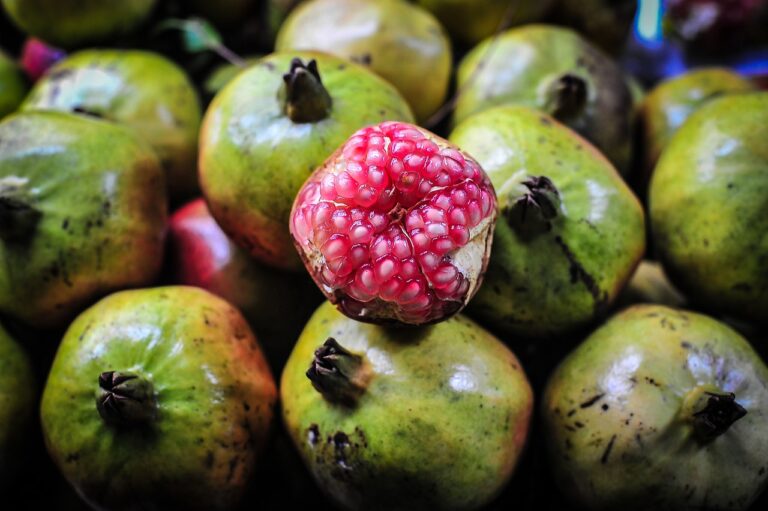The Cultural Significance of Food in Wedding Traditions and Ceremonies around the World
Weddings are a joyous occasion that celebrate the union of two individuals in love. It is a time for families and friends to come together and partake in various rituals and ceremonies that have been passed down through generations. One of the most important aspects of any wedding ceremony is the food that is served. Food plays a crucial role in wedding traditions around the world, representing cultural values, traditions, and symbolism.
Asia
In Asia, weddings are often grand and extravagant affairs with elaborate ceremonies and feasts. In Indian weddings, for example, food plays a central role in the celebration. One of the most important elements of an Indian wedding is the feast, which is often served on banana leaves and includes a variety of traditional dishes such as biryani, curry, and sweets like laddoos and jalebis. Each dish holds a special significance, with some being served to symbolize prosperity, fertility, and happiness for the newlyweds.
Europe
European weddings are also known for their rich culinary traditions. In Italy, for instance, weddings are celebrated with a multi-course meal that includes pasta, seafood, and meats. One of the most popular dishes served at Italian weddings is the traditional wedding cake, known as a “millefoglie,” which is made up of layers of pastry and cream. In France, weddings are marked by the serving of a croquembouche, a tower of cream-filled choux pastry balls held together by caramelized sugar. These culinary traditions have been passed down through generations and hold deep cultural significance.
Africa
In Africa, weddings are colorful and vibrant celebrations that are accompanied by sumptuous feasts. In Nigerian weddings, for example, guests are treated to a variety of traditional dishes such as jollof rice, fried plantains, and pepper soup. Each dish is prepared with care and love, symbolizing the abundance and joy that the newlyweds will experience in their married life. Food is not just a means of sustenance in African weddings, but a way to honor and celebrate the union of two families.
The Americas
In the Americas, weddings are a melting pot of different cultural influences, resulting in diverse culinary traditions. In Mexico, for example, weddings are celebrated with a grand fiesta that includes traditional dishes such as tamales, mole, and churros. One of the most important elements of a Mexican wedding is the serving of a three-tiered wedding cake, known as “pastel de tres leches,” which signifies the sweetness and richness of the couple’s love. In the United States, weddings often feature a buffet-style reception with a wide range of dishes from different cuisines, reflecting the multicultural society of the country.
FAQs
1. Why is food important in wedding traditions?
Food plays a crucial role in wedding traditions as it symbolizes abundance, prosperity, and happiness for the newlyweds. It is a way to honor cultural values and celebrate the union of two individuals in love.
2. What are some common dishes served at weddings around the world?
Common dishes served at weddings around the world include biryani, pasta, seafood, tamales, and traditional wedding cakes such as millefoglie and croquembouche.
3. How do different cultures incorporate food into their wedding ceremonies?
Different cultures incorporate food into their wedding ceremonies through elaborate feasts, traditional dishes, and symbolic meanings behind each dish. Food is a way to bring people together and celebrate the joyous occasion of a wedding.
Overall, food plays a central role in wedding traditions and ceremonies around the world, representing cultural values, traditions, and symbolism. From Indian feasts to Italian wedding cakes, food serves as a way to honor and celebrate the union of two individuals in love. No matter where in the world, the sharing of a meal with loved ones is a universal symbol of joy and the coming together of families.

